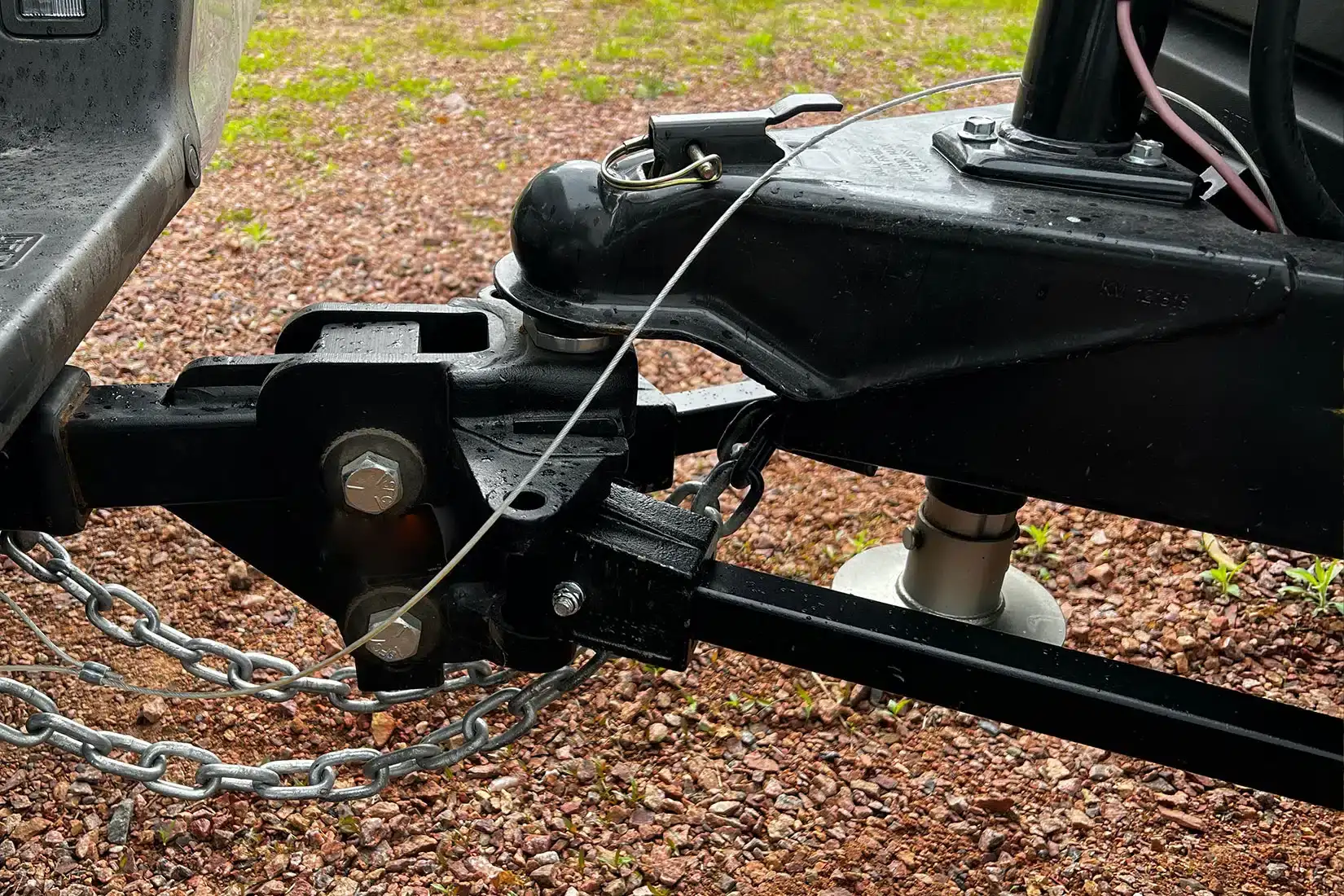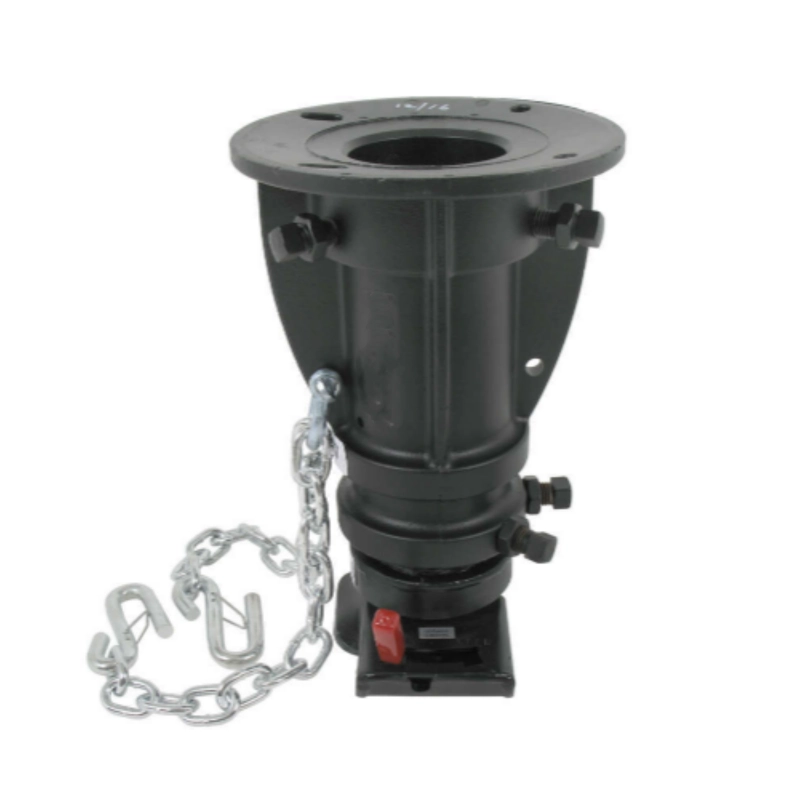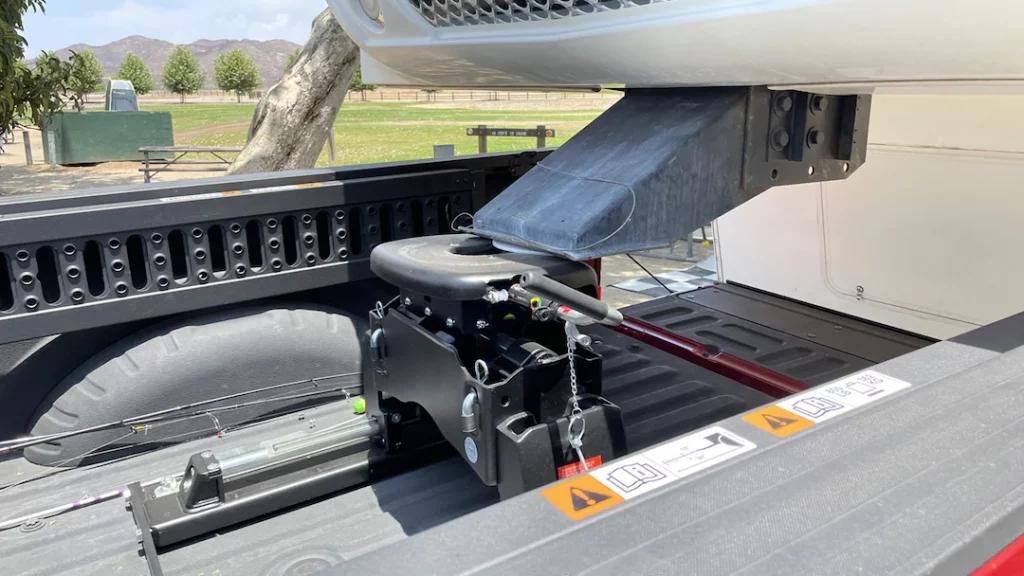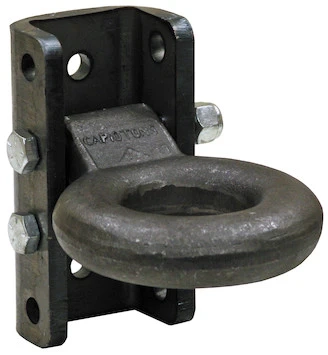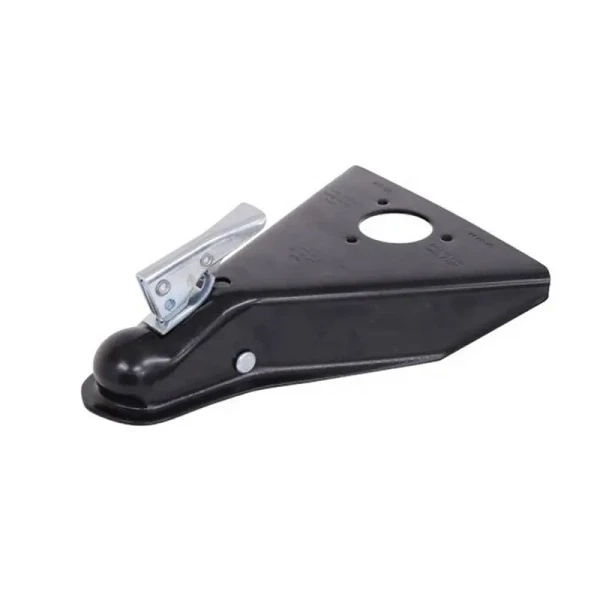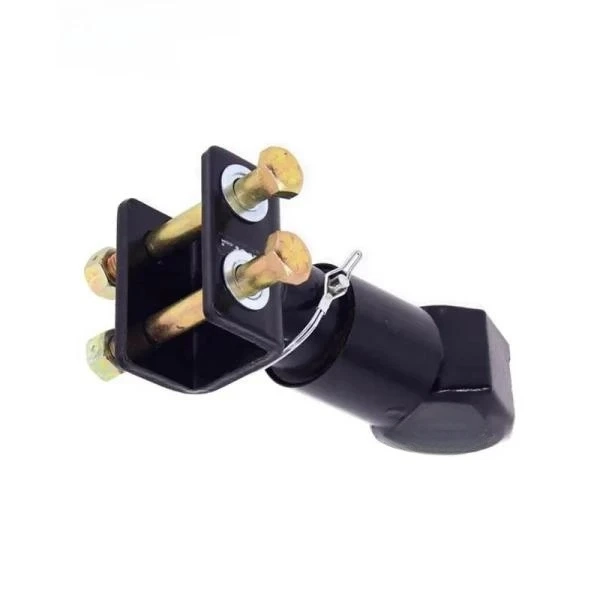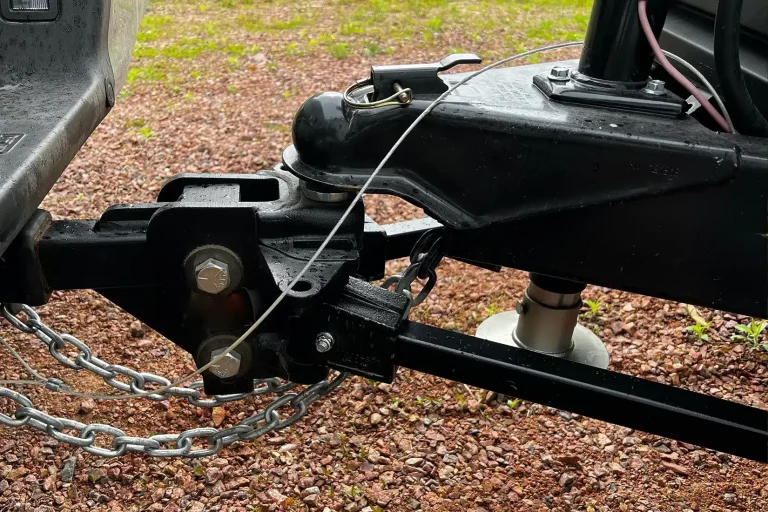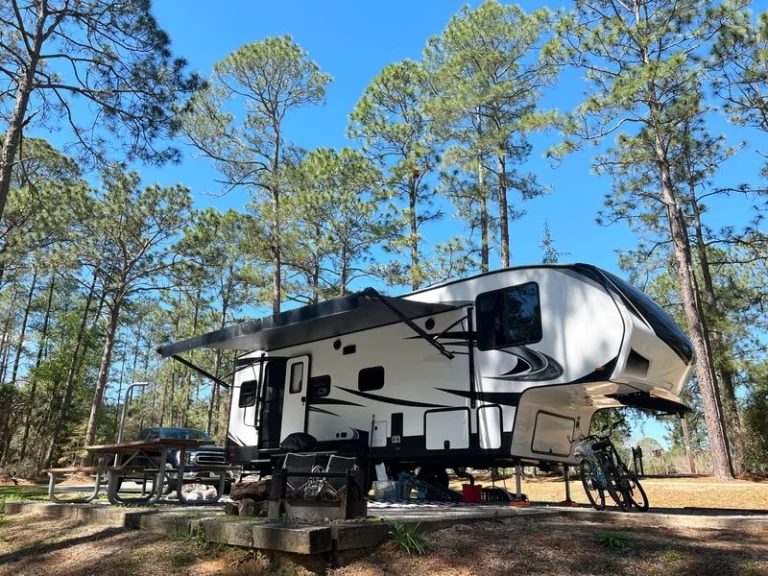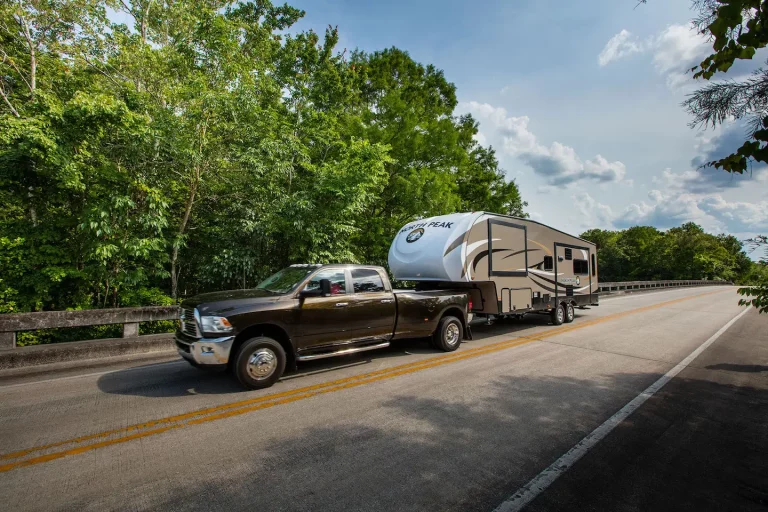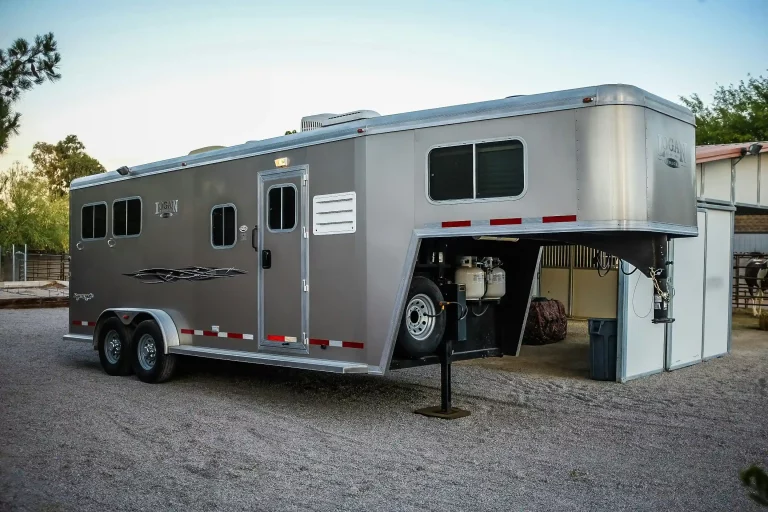When it comes to towing loads like large trailers or RVs across the United States reliability and safety are key factors to consider for a successful journey.The trailer coupler serves as a component that links your vehicle to the trailer and plays a significant role in establishing a secure connection.There are types of trailer couplers available in the United States making it difficult to select the most suitable one for heavy duty tasks. This article delves into the five coupler styles ideal for heavy duty towing and provides information on their characteristics and advantages to assist you in choosing the right one for your requirements.
Why Choosing the Right Trailer Coupler Matters
When choosing a trailer coupler for heavy duty towing in the United States it’s important to consider factors such as weight capacity and hitch type to ensure safety and stability on the road. Using the coupler is crucial to prevent wear, instability or detachment that could pose risks during travel. Different types of trailer couplers are available for purposes, like construction, agriculture or RV camping so selecting the right one is essential.
Top 5 Types of Trailer Couplers in the US for Heavy-Duty Towing
Lets explore the five trustworthy and popular trailer couplers designed for heavy duty towing tasks and discuss their distinctive characteristics and recommended uses.
1. Gooseneck Couplers: Unmatched Stability for Heavy Loads
Gooseneck couplers are popular for towing loads because of their outstanding stability and impressive weight bearing capacity. They are installed above the axle of a pickup truck and link up to a gooseneck hitch to evenly distribute weight for a smoother towing experience.
- Key Features:
- Weight capacity: Up to 30,000 lbs or more.
- Best suited for transporting livestock trailers and oversized RVs.
- Enhanced maneuverability for tight turns.
- Pros:
- Superior balance of weight helps prevent the trailer from swaying much.
- Durable construction for long-term use.
- Cons:
- You’ll need a gooseneck hitch and some adjustments to your truck bed.
- Higher cost than standard couplers.
Consider opting for a gooseneck coupler that offers height settings to cater to various trailers efficiently making it a versatile choice across different trailer types and sizes in the market segment specializing in heavy duty options.
2. Fifth Wheel Couplers: The RV Enthusiast’s Choice
Fifth wheel couplers are made for trailers and RVs and provide a reliable connection like gooseneck couplers do.They connect to a fifth wheel hitch in the truck bed to offer stability for towing heavy loads.
- Key Features:
- Weight capacity: 15,000–25,000 lbs.
- Common for RV camping and long-haul towing.
- Kingpin design ensures a tight connection.
- Pros:
- Improved handling and reduced sway.
- Easier to back up than other couplers.
- Cons:
- It needs a fifth wheel hitch which narrows down the types of vehicles it can be used with.
- Installation can be complex.
Make sure that the weight rating of your hitch matches the fifth wheel coupler you use especially when looking at fifth wheel couplers for RV models.
3. Pintle Couplers: Rugged Durability for Extreme Conditions
For the demanding towing tasks like moving construction and agricultural machinery through challenging terrain conditions pintle couplers are designed with a pintle hook and a lunette ring system for a sturdy connection.
- Key Features:
- Weight capacity: Up to 60,000 lbs.
- Great for equipment and military trailers.
- Simple low-maintenance design.
- Pros:
- High durability for off-road towing.
- Versatile for various trailer types.
- Cons:
- Noisier than ball couplers.
- Less common for recreational towing.
Consider choosing a pintle coupler that comes with a corrosion resistant finish for long lasting performance and durability when searching through pintle couplers designed for heavy duty use.
4. A-Frame Couplers: Versatile and Reliable
Triangular A frame couplers are commonly utilized for medium to heavy duty trailers such as utility and cargo trailers in the United States due to their design that conveniently fits over a standard hitch ball.
- Key Features:
- Weight capacity: 5,000–14,000 lbs.
- It works with hitch balls that’re 2 inches or 2 and 3⁄16 inches in size.
- Easy to install and use.
- Pros:
- Affordable and widely available.
- Suitable for a range of trailer sizes.
- Cons:
- The weight capacity is restricted when compared to a gooseneck or fifth wheel trailer option.
- May wear faster under extreme loads.
Make sure to check the latch mechanism to guarantee a strong connection. Look for A-frame couplers suitable for your trailer.
5. Adjustable Couplers: Flexibility for Mixed Towing Needs
Adjustable hitch couplers enable you to adjust the height or alignment of the channel to accommodate towing trailers with different hitch heights – a convenient option for contractors with diverse towing requirements.
- Key Features:
- Weight capacity: 10,000–20,000 lbs.
- Adjustable height or channel for versatility.
- Compatible with multiple hitch ball sizes.
- Pros:
- Can adjust to trailers without needing to change couplers.
- Durable for frequent use.
- Cons:
- More expensive than fixed couplers.
- Slightly heavier design.
For results opt for adjustable couplers equipped with a secure locking feature to avoid any slipping incidents when towing trailers!
Comparison Table: Top 5 Trailer Couplers for Heavy-Duty Towing
| Coupler Type | Weight Capacity (lbs) | Best For | Pros | Cons |
| Gooseneck | Up to 30,000+ | Livestock, equipment trailers | Stable, durable | Requires truck modification |
| Fifth Wheel | 15,000–25,000 | RVs, large trailers | Smooth handling | Limited vehicle compatibility |
| Pintle | Up to 60,000 | Heavy machinery, off-road | Rugged, low-maintenance | Noisy, less recreational use |
| A-Frame | 5,000–14,000 | Utility, cargo trailers | Affordable, versatile | Limited heavy-duty capacity |
| Adjustable | 10,000–20,000 | Mixed towing needs | Flexible, durable | Higher cost, heavier |
How to Choose the Right Trailer Coupler for Heavy-Duty Towing
Choosing the hitch largely relies upon the details of your trailers requirements and the towing vehicle you have in mind to use it with for a specific purpose. Here are some important aspects to take into account;
- Make sure that the maximum weight the coupler can handle is higher than the weight of your trailer (GVWR).
- Ensure that the coupler align with the type of hitch on your vehicle (such as gooseneck or ball hitch).
- In off road or rugged environments make sure to choose strong options, like pintle couplers.
- User Friendliness Factor. A frame or adjustable couplers make hitching and unhitching tasks easier for usage.
- When setting a budget for your needs remember to consider both the cost and durability aspects especially if you plan to use it over a long period.
Don’t forget to review the towing rules in the United States as outlined by the Department of Transportation to make sure you’re following them correctly.
About GO Trailer: Your Trusted Trailer Coupler Manufacturer
Being a supplier of trailer components GO Trailer is known for its premium trailer couplers that excel in durability and performance. Their focus on safety and advancement is evident in the selection of couplers catered to the requirements of avid heavy duty towing users and industry experts. Check out GO Trailers website for an in depth look at their array of couplers and discover the ideal match for your trailer needs.
FAQs About Types of Trailer Couplers in the US
Q1. What are the most common types of trailer couplers in the US?
A1. The most common types of trailer couplers in the US include gooseneck, fifth wheel, pintle, A-frame, and adjustable couplers. Each is designed for specific towing needs with gooseneck and fifth wheel excelling in heavy-duty applications.
Q2. How do I know which trailer coupler is best for heavy-duty towing?
A2. When selecting a coupler for your trailers weight and hitch type considerations are factors to keep in mind along with the towing conditions at hand. For loads opting for gooseneck and pintle couplers would be the best choice whereas A frame couplers are well suited for medium duty tasks.
Q3. Can I use an A-frame coupler for heavy-duty towing?
A3. For loads exceeding 14 000 lbs it’s preferable to opt for gooseneck or fifth wheel couplers for stability and capacity as A frame couplers have their limitations despite being adaptable.
Q4. How often should I inspect my trailer coupler?
A4. Before setting off on a journey with your trailer hitched up to your vehicle. Make sure to give the coupler a check beforehand and remember to schedule maintenance checks every six months.
Get the Right Trailer Coupler Today
Choosing the right trailer coupler is critical for safe and efficient heavy-duty towing. Whether you need the stability of a gooseneck, the ruggedness of a pintle, or the versatility of an adjustable coupler, understanding the types of trailer couplers in the US empowers you to make an informed decision. Explore GO Trailer’s coupler collection to find high-quality options tailored to your towing needs.


